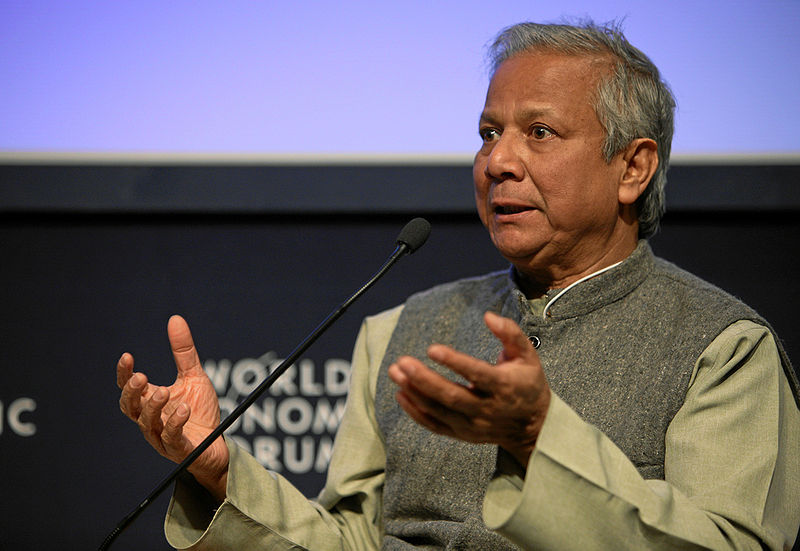
Josh Harper/Flickr
Before you decide where to donate your hard-earned dollars this holiday season, make sure you’re getting the best philanthropic bang for your buck with these six tips.
1. Be scrupulous. Look for annual reports (often posted on the organization’s website) to see how much money actually goes to the needy. You can also verify financials with online tools such as guidestar.org; charitynavigator.org; give.org, and charitywatch.org. Most analysts agree that an organization should be able to spend around 65 to 75% of their funds on the program.*
2. Be wary of new organizations springing up in the wake of natural disasters. Haiti’s earthquake, Pakistan’s floods, Louisiana’s oil spill, and hurricanes all have us reaching for our checkbooks. But new groups may lack the resources, experience, and local roots to be as effective as others. Try to find a charity that’s established in the region or has a history working in emergency situations.
3. Watch out for Grinches. Organizations that don’t offer their records, have names that sound too similar to well-known organizations (i.e. Children’s Charity Fund vs. Children’s Defense Fund) or make tear-jerking solicitations with few details about how the money is used should be examined carefully. If you are donating online, keep records, look for federal or state registration, and seek out phone numbers or other off-line contact info.
4. Don’t let your giving create waste. If your gift is a one-time donation, make sure to let the organization know you don’t want to be on their mailing list.
5. Give beyond your wallet. Organizations immersed in complex social, environmental, and economic issues have a deeper understanding of the systems that cause suffering. They will often have in-depth information, as well as suggestions on how to make choices in your daily life that help create a better world.
6. Consider philosophy as well as impact. It’s natural to focus on measurable impact, and as a consequence neglect certain programs and organizations. For example, how do you quantify the results of mediation, the benefits of teaching nutrition to high-risk children, or the changes brought by investigative journalism (like Mother Jones)? If you are planning to donate to an organization that can’t easily measure its impact, consider the underlying philosophy of the program. In lieu of tangible results, you can compare the agency to those with similar missions, and consider the possible negative effects of its work. Groups that enable and empower long-term economic and environmental stability may not be able to tell you how many houses they’ve built, but they could stretch your dollar farther than other organizations.
*meaning expenses other than administrative and fundraising.















